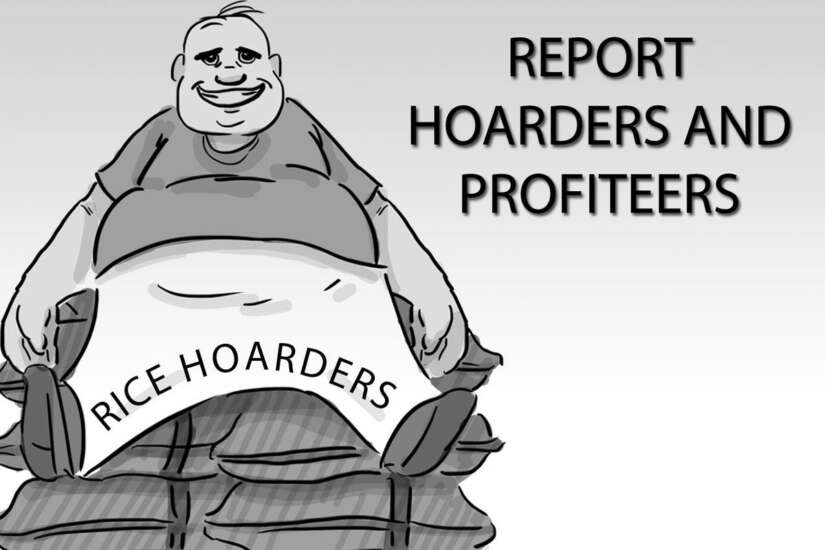FOR hungry and suffering people, notably the jobless and low-salaried workers in the government and private sector, overpricing of goods by “unscrupulous traders” is an unconscionable act.
That’s why irate consumers support government efforts to identify and charge in court those behind the supposed shortage of agricultural commodities, such as pork, chicken, fish and vegetables.
These unscrupulous businessmen face a fine of up to P100 million if they are found floating the idea that there’s a food shortage in the country, according to the Department of Agriculture (DA).
Agriculture Secretary William Dar, in a virtual presser last Monday, said the Inter-Agency on Food Security has set up a sub-task group on economic intelligence to look into the artificial food shortage.
This is aside from the “Bantay Presyo” project of the DA and the Department of Trade and Industry (DTI) under Secretary Ramon Lopez.
At the same time, Dr. Dar, the only Filipino to head the India-based “International Crops Research Institute for Semi-Arid Tropics (ICRISAT),” assured the public that there is enough food in the country.
He said that unscrupulous traders, like hoarders and profiteers, are just taking advantage of the coronavirus disease (COVID-19) pandemic, which has claimed the lives of so many people across the globe.
The suspects, he said, will be asked to substantiate their claims. If they fail to do so, they will be suspect of collusion with traders and wholesalers, according to the soft-spoken but highly-effective Dar.
He also said that the Philippine Competition Commission (PCC) has already started investigating the alleged shortage of agricultural commodities, notably pork and chicken, in the country.
The PCC can impose penalties of up to P100 million based on evidence of price manipulation and other unscrupulous practices.
We urge concerned government offices and agencies to get to the bottom of the reported food shortage and overpricing of basic commodities. This is one way to bring the government closer to the Filipino people.

